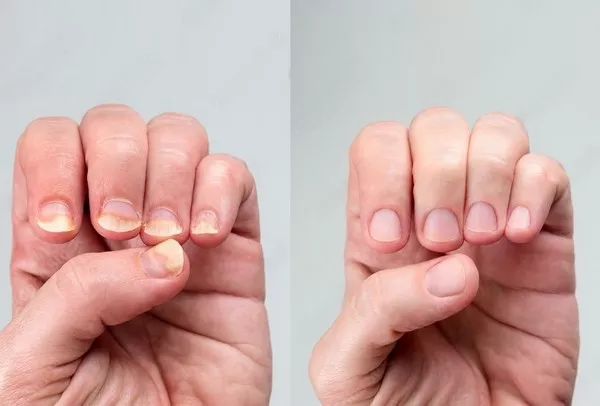A recent analysis published in the Journal of Dermatological Treatment underscores the efficacy of risankizumab in treating patients with active psoriatic arthritis (PsA), as demonstrated through a 52-week period. The study reveals significant improvement in various patient demographics and disease characteristics compared to placebo.
Conducted as a post hoc analysis following the KEEPsAKE 1 (NCT03675308) and KEEPsAKE 2 (NCT03671148) phase 3 trials, the research showcases risankizumab’s superiority over placebo in managing PsA. Participants, aged 18 and older, were required to have a confirmed clinical diagnosis of PsA, active disease, and inadequate response or intolerance to conventional synthetic disease-modifying anti-rheumatic drugs or biologic therapies.
The analysis, evaluating efficacy outcomes at weeks 24 and 52, examined responses based on various criteria, including the American College of Rheumatology (ACR20/50/70) response criteria, Psoriasis Area Severity Index (PASI), Minimal Disease Activity (MDA) status, Low Disease Activity (LDA) status, and pain improvement.
Of the initially randomized 1408 patients, 1354 continued into the open-label periods, with 1235 still undergoing treatment at the April 19, 2021, data cutoff date. Baseline demographics and clinical characteristics were balanced between groups.
At week 24, patients receiving risankizumab demonstrated higher ACR20 response rates (46.3% to 60.1%) compared to those on placebo (15.5% to 36.2%), irrespective of subgroups. Moreover, a consistent proportion of risankizumab-treated patients maintained ACR20 response (48.6% to 75.8%) at week 52, while those switching from placebo to risankizumab saw improvements (43.7% to 63.9%).
Similar trends were observed across other efficacy measures, including skin response criteria and overall disease activity.
The study acknowledges limitations such as a relatively small sample size and the necessity for real-world patient data to validate these findings for broader application.
Despite these limitations, researchers affirm risankizumab’s superior efficacy over placebo at week 24, with sustained or enhanced efficacy observed up to week 52 across various patient subgroups.
“Patients consistently experienced improved efficacy with risankizumab treatment, regardless of demographic factors, disease characteristics, or prior treatment exposure,” noted the researchers. “Moreover, patients switching from placebo to risankizumab achieved response rates comparable to those continuously treated with risankizumab from baseline through week 52, demonstrating consistent efficacy across subgroups.”



























